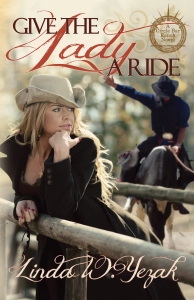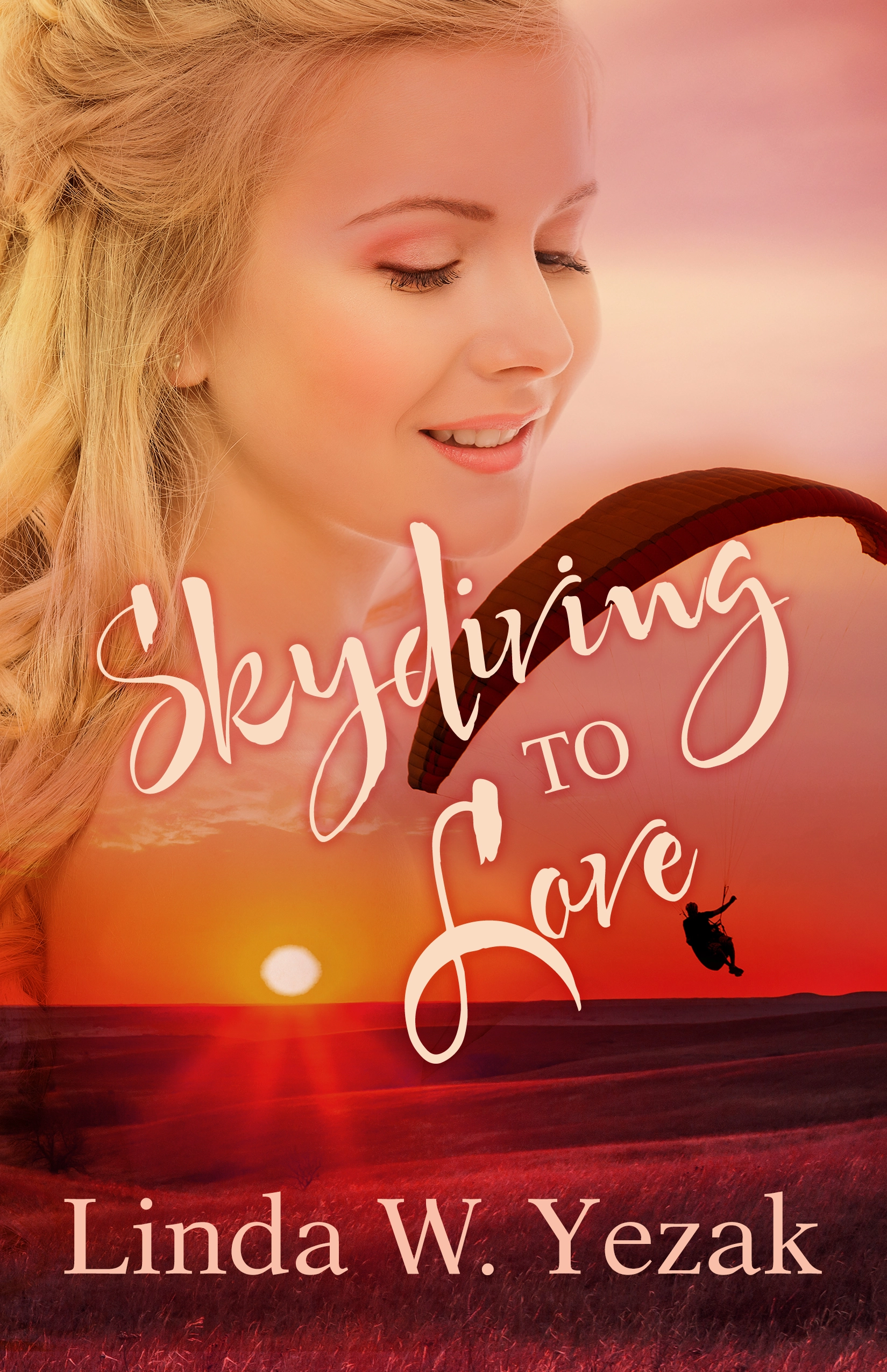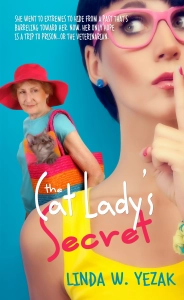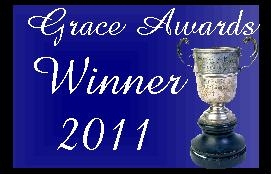 Remember the old Batman series? When the action intensified, the screen would fill with jagged speech bubbles holding sound effects typed in bold, vivid letters, with black, commanding explanation points. POW! The bubbles always popped on the screen to the blare of trumpets, as if the bubbles alone weren’t enough for the audience to understand what was happening.
Remember the old Batman series? When the action intensified, the screen would fill with jagged speech bubbles holding sound effects typed in bold, vivid letters, with black, commanding explanation points. POW! The bubbles always popped on the screen to the blare of trumpets, as if the bubbles alone weren’t enough for the audience to understand what was happening.
I didn’t like it then, and, having recently watched an old Batman movie (groan), I can safely say I don’t like it now. Maybe, in the ’60s, such artificial tension was considered effective, maybe even unique, but since I don’t remember any other movie exploding with the action bubbles, it apparently didn’t catch on. Thank heavens.
Having these bubbles pop up on the screen was redundant to the action being portrayed, especially since the action was presented with audible sound effects. Perhaps young boys got a kick out of them, who knows, but they didn’t add anything to the film.
Printed sound effects on the screen strikes me as silly; printed sound effects in a book strikes me as a weakness on the author’s part.
The only reason I can come up with as to why an author would type sound effects–Squish! Crack! Rat-a-tat!–deals with deep POV. Perhaps the author wants to show instead of tell what his MC is hearing. “The MC heard a limb crack behind him” is telling and distances the reader from the character’s POV.
But I’d rather risk a little distance than pull the reader totally out of the book with the frequent use of artificial tension. The technique is distracting, and if used too often, downright irritating.
Which brings me to my point: sometimes it’s best just to break the rule.
Here’s the sentence in deep POV, showing instead of telling:
Crack! The MC whipped around. A heavy branch crashed toward him.
This shows that the MC heard a sound (with the implication that he didn’t know what caused the sound until he saw the branch, although I believe he would’ve recognized it), turned around, and saw a branch. Technically, it’s correct. But it’s distracting and choppy.
Here is the “wrong” way:
A limb cracked behind him, and the MC whipped around in time to see the heavy branch crashing toward him.
In this sentence, the author is telling the reader what the action is, and doing so pulls the reader slightly away from the character. The reader is watching the character instead of experiencing the crashing branch with him. But in the heat of action, this is far less noticeable than seeing the sound effect typed in italics on the page–especially when it occurs frequently. The reader may be pulled back slightly from the POV, but not from the action. Distractions yank the reader out of the story, and no author wants that.
Few rules are cast in stone; some need to be broken sometimes. Know when and why to break them.


















Great post, Linda! So wonderful to those “guidelines” are not set in stone. (and I liked those Batman cartoons. Why, I dunno LOL)
LikeLike
I like the new Batman movies (well, I guess they’re not so new now), but my eyes suffer from interminable rolling whenever I watch the old shows! 😀
LikeLike
This reminds me of Gracee teaching me about onomatopoeia. 🙂
http://sandraheskaking.com/2010/01/7-writing-tips-from-a-7-year-old-2/
She’ll be 9 in October and is still writing. 🙂
LikeLike
She is just precious!!! She’ll be a best-selling author before she’s ten!
LikeLike
Holy Writers’ Lesson, Ms. Linda. Now I gotta make some notes on how to clean up my ‘show not tell”. I’ll be back,,,Swishhhh.
LikeLike
Giggle! I think I just got whacked in the face with a Bat cape!
LikeLike
Totally agree. In all but a very few instances, I seriously dislike the italicized inclusion of sound effects. Annoying and juvenile pretty much sums it up for me.
LikeLike
I agree with “juvenile.” Annoying and juvenile sums it up for me, too.
LikeLike
A very clear summation of why I too dislike that type of hype- wiritten or visual. Great post, as usual, Linda.
LikeLike
Thanks, Marie.
LikeLike
If you do use sound effects, they sometimes work better if you at least create your own words–less cliche-ey.
LikeLike
Carol, I’d love to see an example! Got a creation in mind?
LikeLike
The ’60s version of Batman was made to be silly escapism. Watching the old series today, it also bothers me that the show would make heavy judgmental comments about the crooks they go after, which is also a big no-no for serious writing.
Sorry I missed this one earlier. (my bad)
~ VT
LikeLike
“Silly escapism” is right! Emphasis on the “silly.” But I have no problem with escapism. We who read and write fiction live for escapism!!!
LikeLike